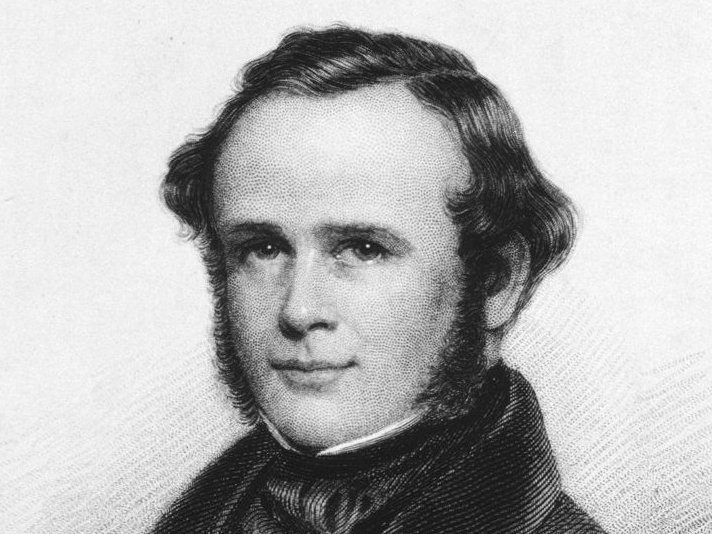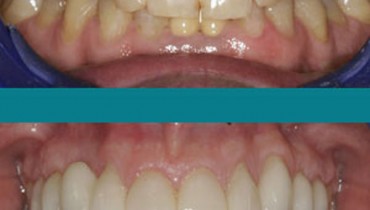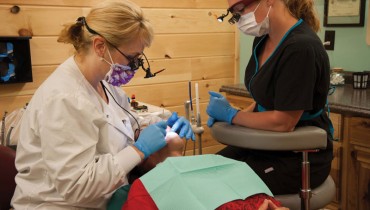To anesthesiologists, laughing gas is no joke.
Nitrous oxide was one of the first chemicals used to make surgery and tooth-pulling painless. Back in the 1840s, Horace Wells, a dentist in Hartford, Conn., did his best to popularize it as an anesthetic agent. Despite some failed demonstrations early on, use of the gas during surgery eventually became routine.
But is it safe? There have been nagging questions about whether nitrous oxide during surgery raises the risk of heart attacks, strokes and other problems. Use of the gas during operations has declined in recent years, in part, because of those concerns. But it's still a common ingredient in the mix that anesthesiologists give to patients.
Now, there's some reassurance from a study out of Washington University in St. Louis. Researchers there looked at some factors that have been associated with heart trouble and how nitrous oxide affects them.



